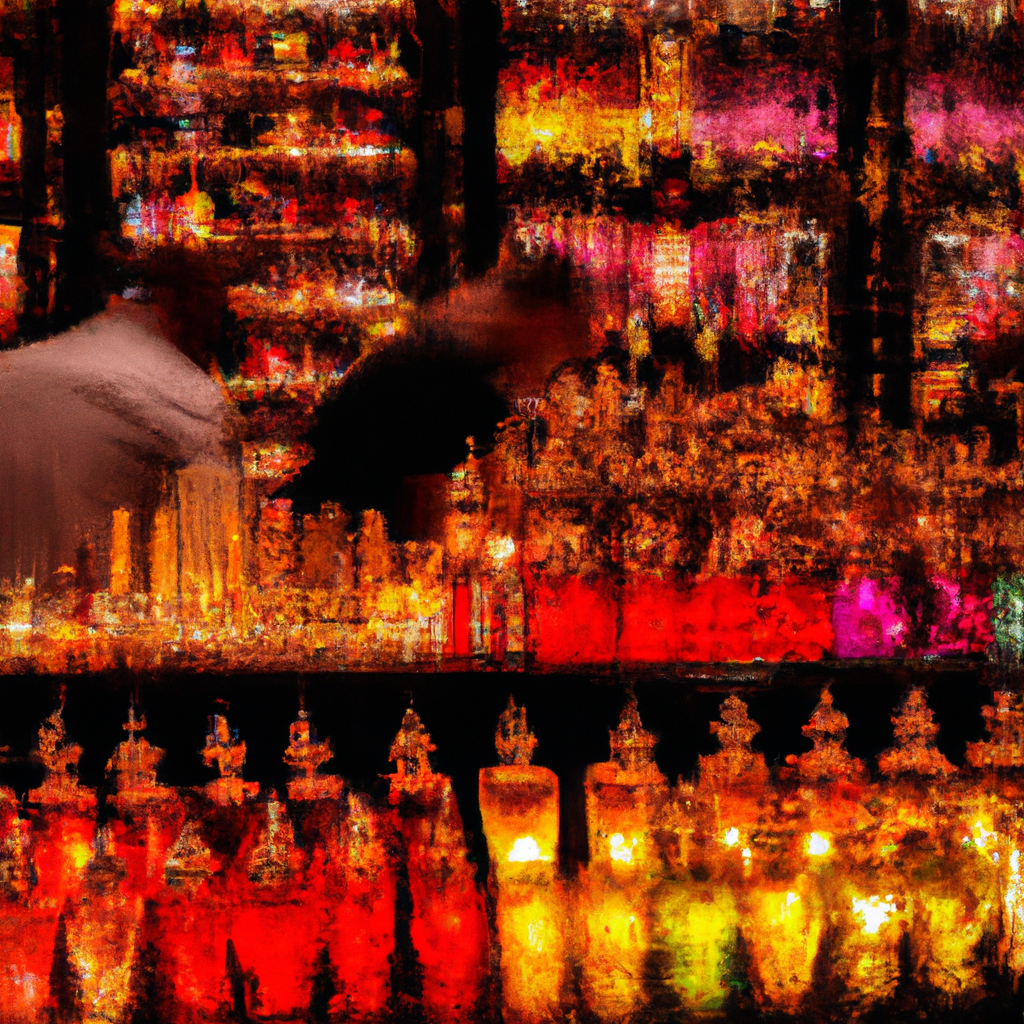
Exploring the Allure of Exotic Perfume Oils
Introduction to Exotic Perfume Oils
Exotic perfume oils, often derived from rare or unique botanicals, have captivated the senses of perfume enthusiasts around the world. These oils are distinguished by their singular scents that are not only distinct but are also capable of evoking strong emotive responses due to their depth and complexity. This article delves into what makes these oils so alluring, the various types available, their uses, and the best way to integrate them into your daily life.
Understanding Exotic Perfume Oils
Exotic perfume oils are concentrated hydrophobic liquids containing volatile aroma compounds from plants, resins, or spices. Unlike conventional perfumes that contain alcohol, these oils are purely oil-based, which often results in a longer-lasting scent as they evaporate slower than their alcohol-infused counterparts. The extraction process of these aromatic oils can be quite labor-intensive, involving techniques such as steam distillation, cold press, and solvent extraction, among others.
Common Sources and Ingredients
The most enthralling aspect of exotic perfume oils lies in their ingredients, often sourced from remote or mystic locations across the globe. Ingredients can include oud (agarwood), which is famously cherished for its deep, woody fragrance; musk, originally derived from animals but now commonly synthesized to provide sweet, earthy tones; sandalwood, known for its rich and creamy scent; and jasmine or rose, which add a floral sophistication.
Balancing Notes in Perfume Oils
Exotic perfume oils typically consist of a combination of top, middle, and base notes. Top notes form the initial impression and are usually lighter scents such as citrus or herbal smells. Middle notes, or the heart notes, provide body to the perfume, consisting generally of heavier floral or spice scents. Base notes last the longest and provide depth to the perfume, with common examples including vanilla, amber, and musk. The meticulous balance of these notes determines the overall aroma of the perfume oil, providing a complex and evolving scent experience.
Cultural Significance
Many exotic perfume oils are deeply rooted in cultural traditions and practices. For instance, in the Middle East, the use of oud is prevalent not only in perfumery but also in religious ceremonies and public gatherings, symbolizing hospitality and prestige. Similarly, in India, sandalwood oil has been a significant element in religious rituals and skincare regimes for centuries.
Uses of Exotic Perfume Oils
Beyond their role in personal adornment, exotic perfume oils are also prominent in aromatherapy, where they are used to promote physical and psychological well-being. Scents like lavender and chamomile are renowned for their soothing and calming properties, while peppermint and eucalyptus are prized for their invigorating and respiratory-enhancing benefits.
Incorporating Exotic Oils into Everyday Life
Integrating exotic perfume oils into daily routines can enhance personal ambiance and mood significantly. They can be applied directly to the skin, preferably at pulse points where the body warmth will release the fragrance continuously. Alternatively, a few drops can be added to bathwater, used in oil diffusers, or even included in skincare products for added sensory benefits. It’s important to note that due to their concentrated nature, a little goes a long way.
Choosing and Purchasing Exotic Perfume Oils
Finding authentic and high-quality exotic perfume oils can be a challenge. It is crucial to purchase from reputable suppliers who provide information on the origin, extraction method, and ingredients. Markets and online platforms specialized in organic and natural products often have a selection of these oils. Also, visiting local bazaars or markets can provide access to unique blends and the opportunity to experience the scents before purchasing.
Conclusion
Exotic perfume oils offer more than just a pleasant aroma; they are an exploration into diverse cultures and ancient traditions. With their rich scents, profound cultural ties, and versatile applications, these oils provide a unique and immersive way to appreciate the art of perfumery. Whether used for personal fragrance, aromatherapy, or spiritual practices, exotic perfume oils continue to be a cherished element in the aromatic world.
